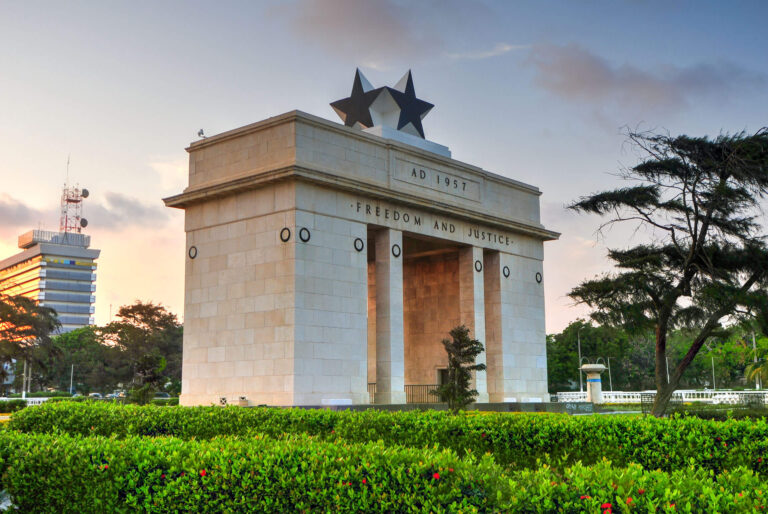Ghanian cedi exchange rate
Are you interested in the current exchange rates and the price of the Ghanaian cedi’s? Stay up to date at all times! Below we present the current quotes of the Ghanaian cedi’s in our online exchange.
The exchange does not buy this currency
Ghanian cedi exchange rate - chart
The chart is updated in real time
Problem with data downloading.
Exchange rate Ghanaian cedi’s in the charts is presented for indicative purposes, based on approximate data and is not of a transactional nature, i.e. it is not part of the website's offer or a proposal to make a transaction.

Ghanaian cedi
The Ghanaian cedi is the official currency of the Republic of Ghana. According to the ISO 4217 standard, it is referred to by the code GHS, but we can also encounter the designation GH₵. 1 cedi is divided into 100 pesewas.
Ghanaian cedi - what you need to know
The word cedi is derived from the regional Akan language and translated as 'shell'. Ghana's currency in the form of coins appears in denominations of 1, 5, 10, 20, 50 pesewa and 1 and 2 cedi, while GHS banknotes have values of: 1, 2, 5, 10, 20, 50, 100, 200 cedi. On the front of most GHS banknotes, we can see the so-called 'Big Six' consisting of the leaders of the UGCC (United Gold Coast Convention), namely Kwame Nkrumah - the first Prime Minister and President of Ghana, Ako Adjieia - the founder of the UGCC and the other members of the body in the form of Edward Akufo-Addo, Joseph Boakye Danquah, Emmanuel Obetsebi-Lamptey and William Ofori Atta. It is worth mentioning that Ghana while under British rule was just under the name 'Gold Coast'. The backs of the banknotes feature important Ghanaian institutions such as the University of Ghana building, the Parliament and the Central Bank of Ghana. All information on the banknotes is given in English.
Ghanaian cedi - history of the currency
When Ghana was a British colony, the British pound was mainly used in its territories. The British currency dominated circulation until Ghana's independence in 1957. In 1958, Ghana introduced its first national currency, the Ghanaian pound. It was equal to the British pound and divided into 20 shillings and each shilling into 12 pence. In 1965, to mark its separation from the UK, Ghana introduced the cedi, replacing the Ghanaian pound. Ghana's currency was equal to 8 shillings and 4 pence. New coins and banknotes were also introduced. During the 1970s and 1980s, Ghana faced severe economic crises that led to a decline in the value of the cedi. Inflation and economic management problems caused the currency to weaken significantly. To stabilise it and restore its confidence, Ghana denominated the cedi in July 2007. The new GHS replaced the old cedi at a ratio of 1:10 000.
Interesting facts about the Ghanaian cedi
-
A popular term for the word money in local slang is 'Kudi'.
-
Ghana is a member of the Economic Community of West African States (ECOWAS), which is working to create a common currency for all its members, to be called 'Eco'.
-
Ghana, along with Nigeria, is among the leaders in West Africa in terms of the number of ATMs. They have 11.37 ATMs per 100 000 inhabitants.

The notification has been enabled
When the exchange rate EUR is lower than you will receive an email to this address